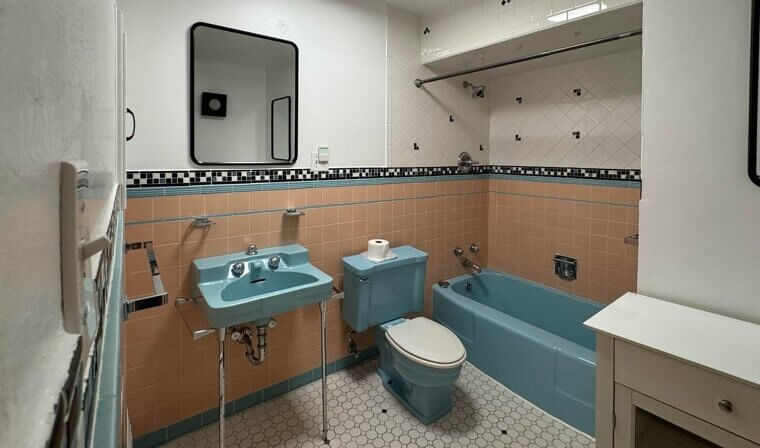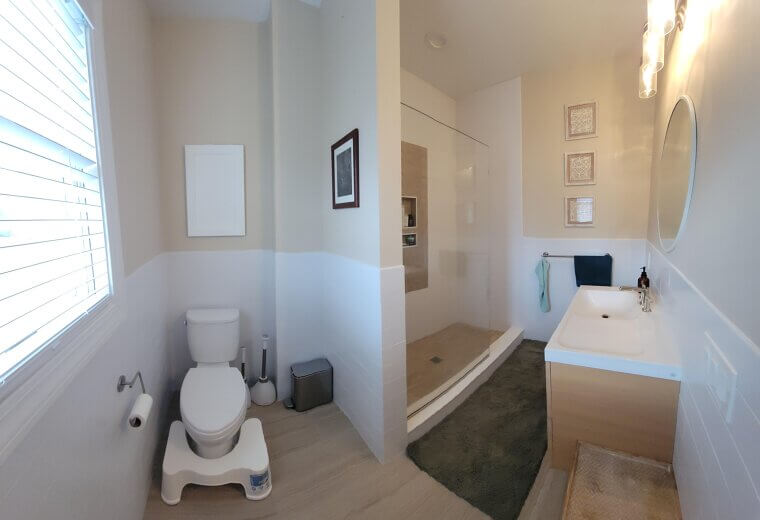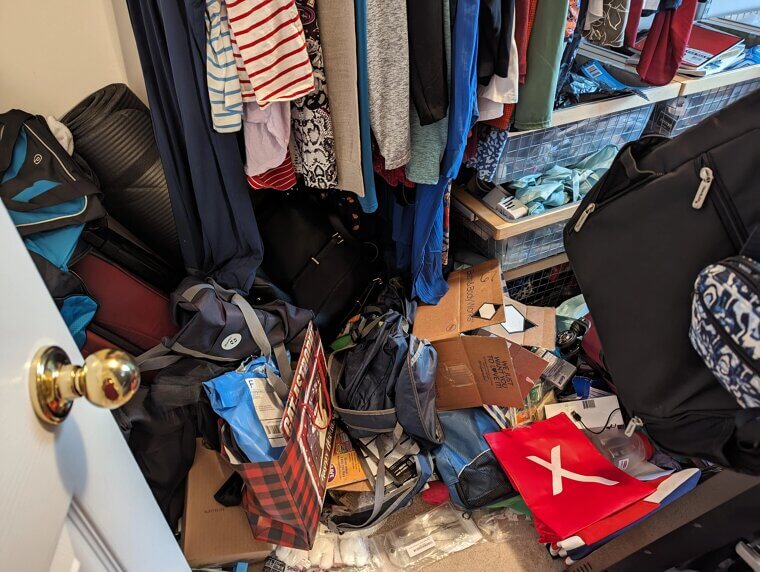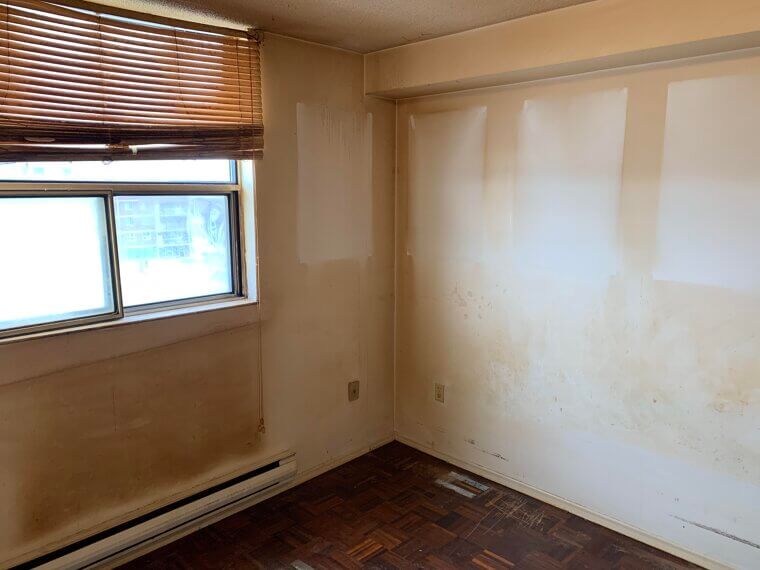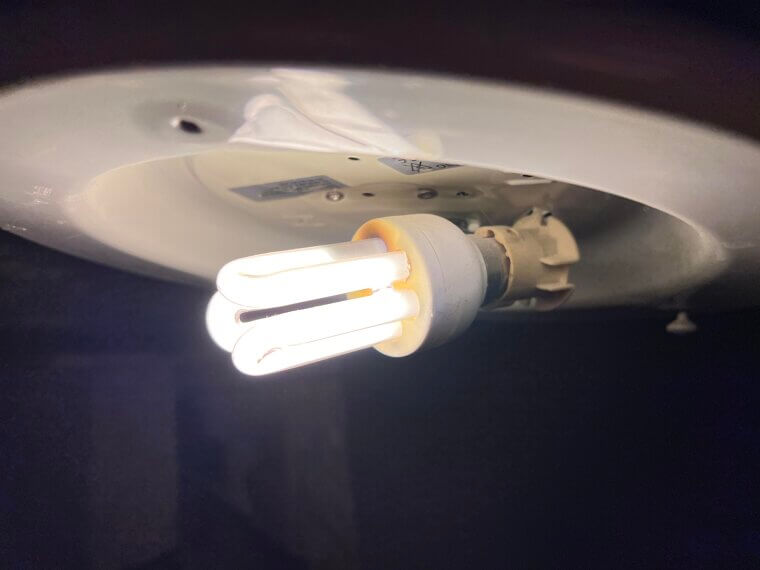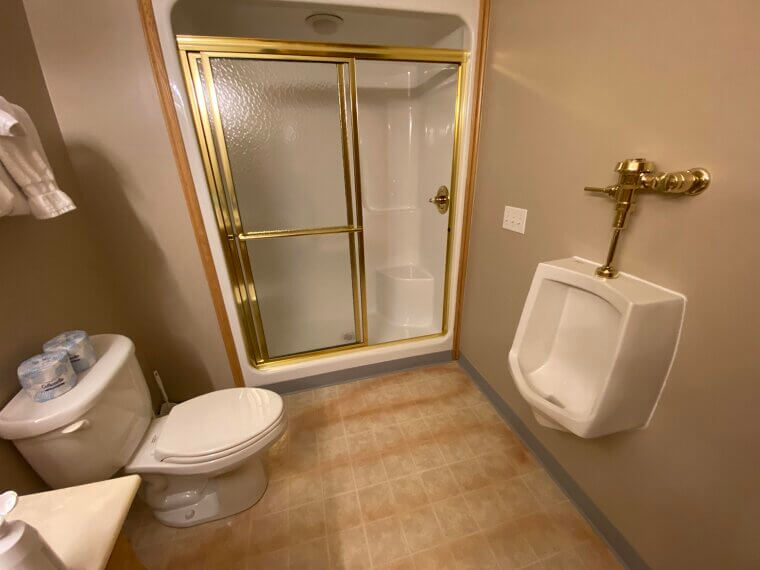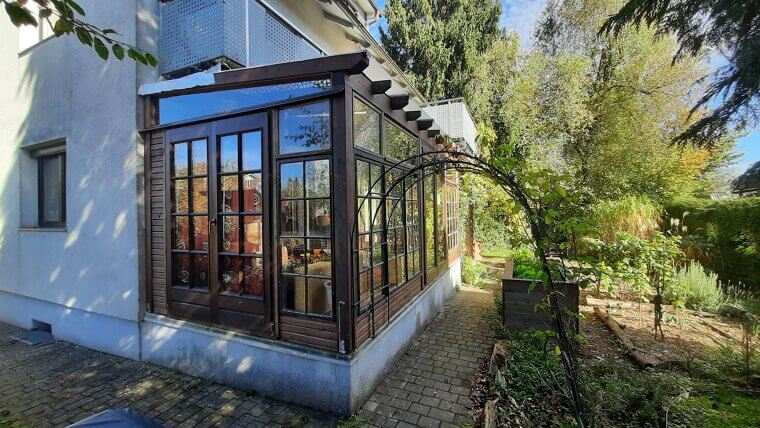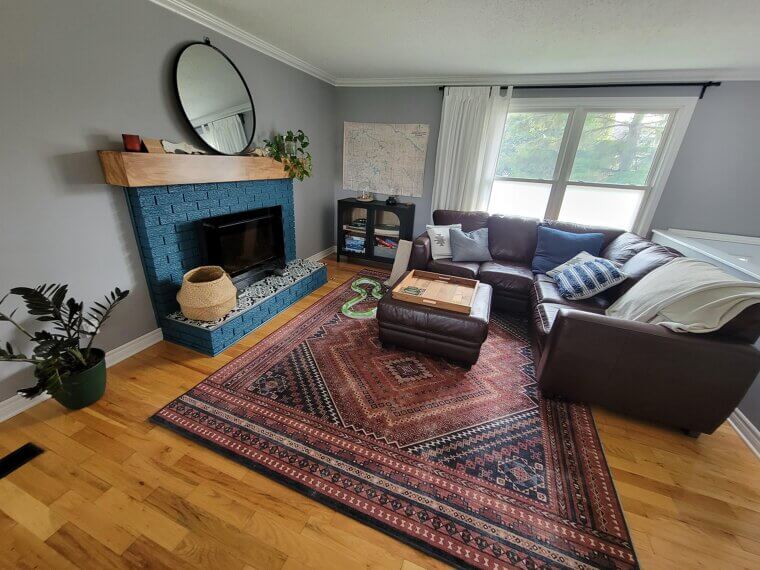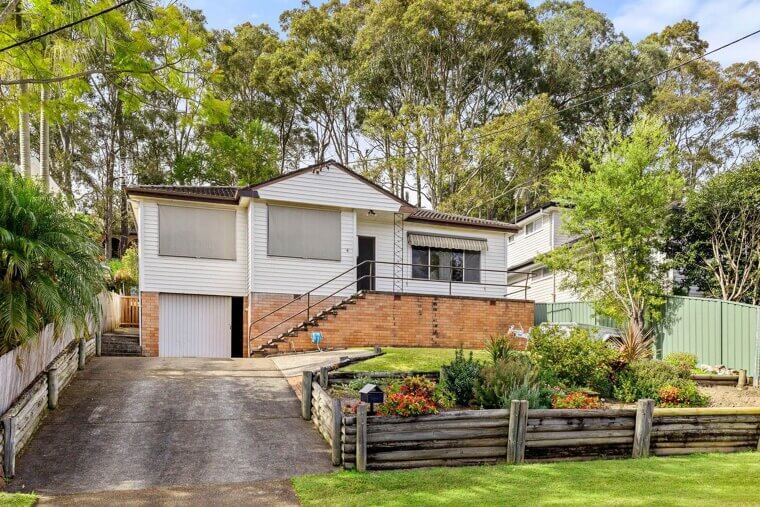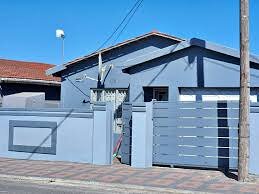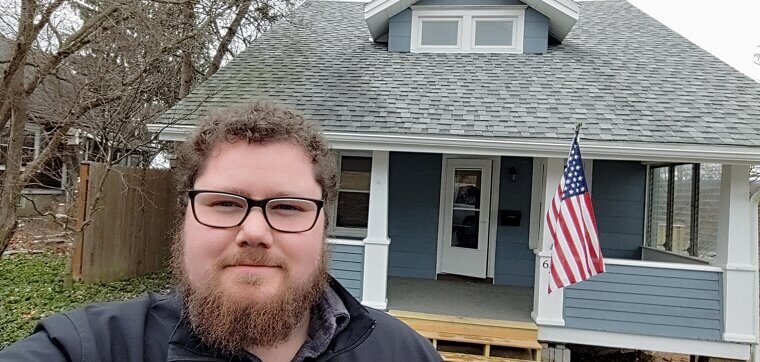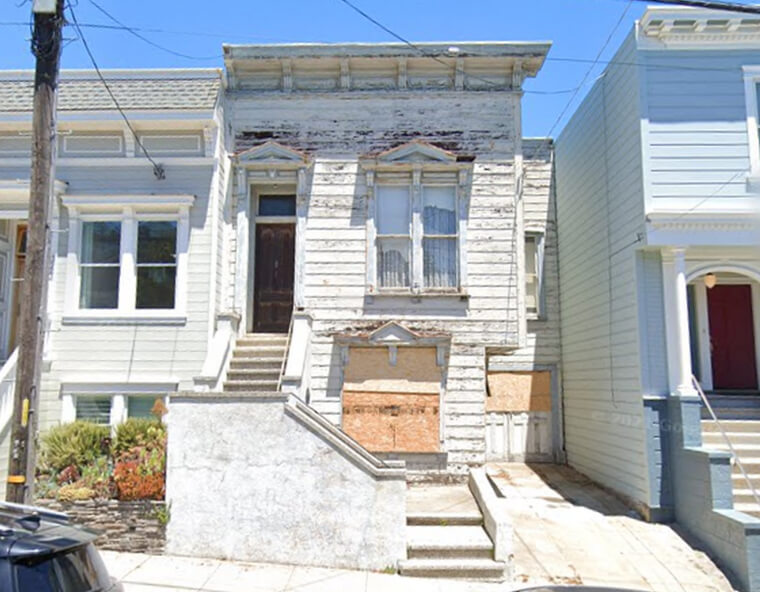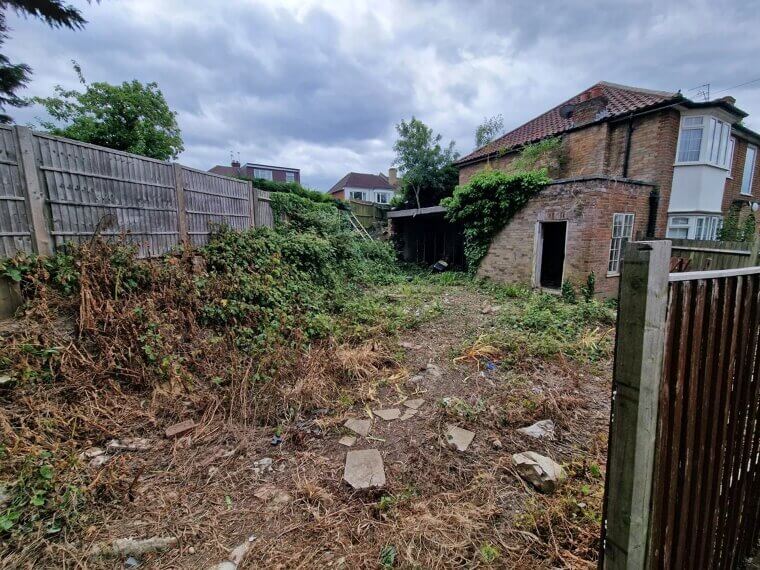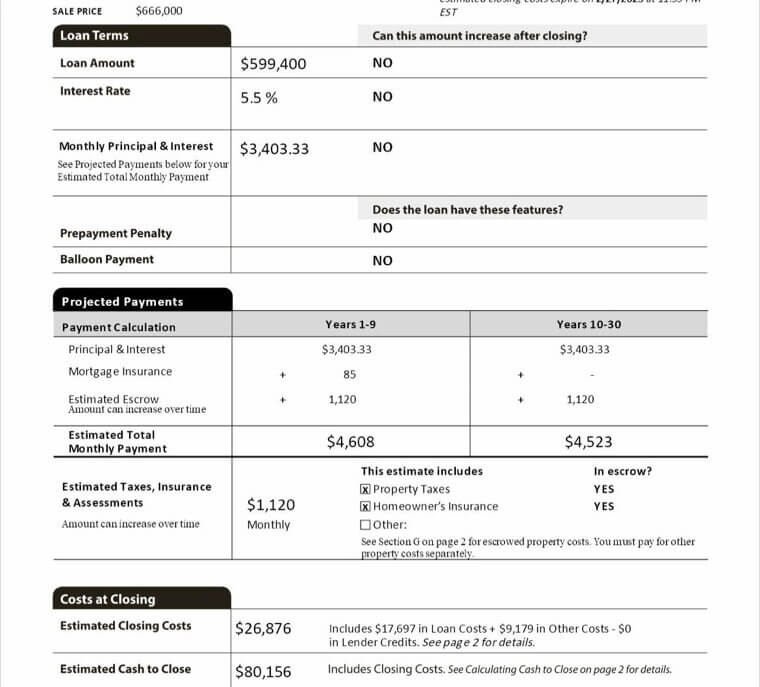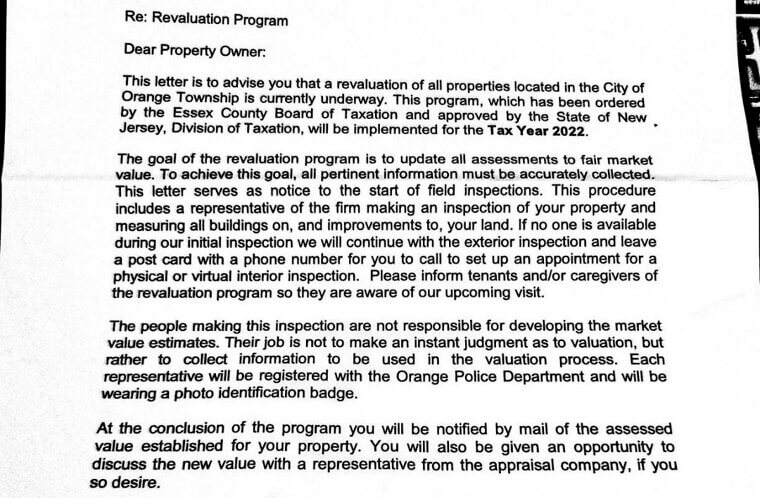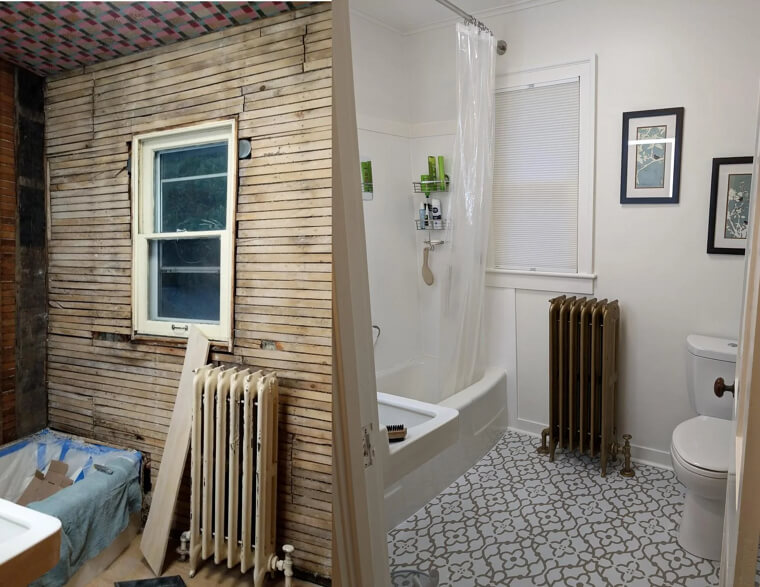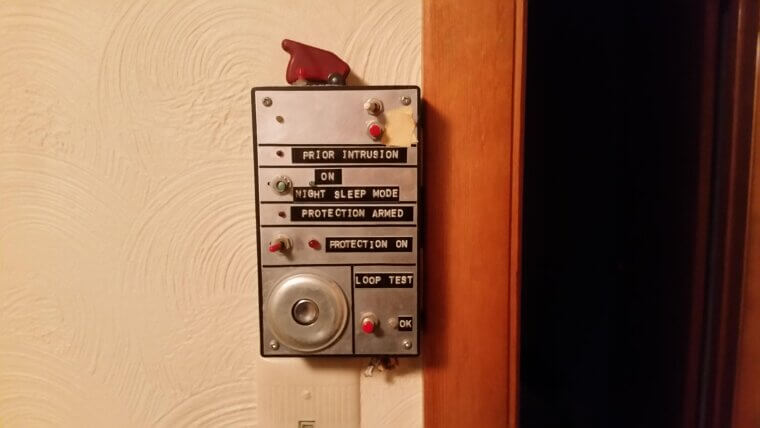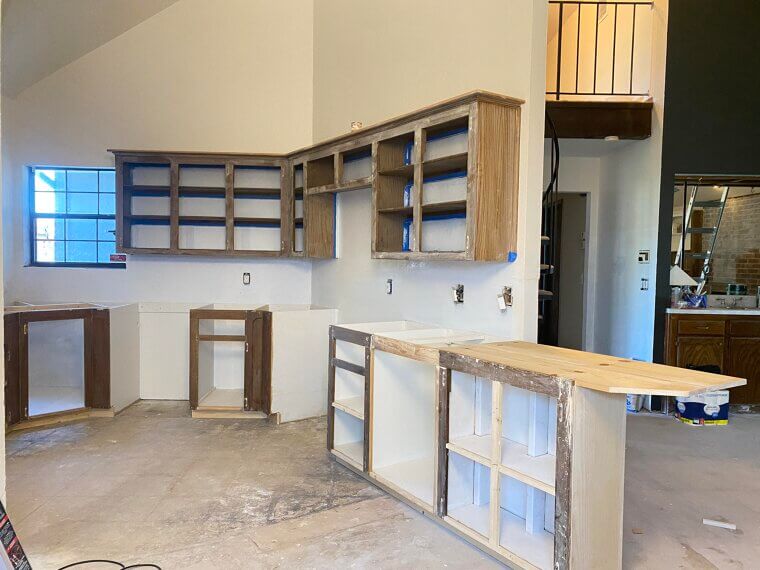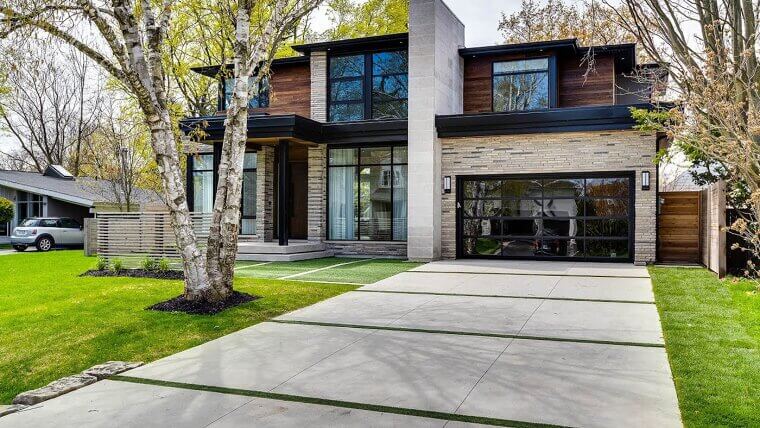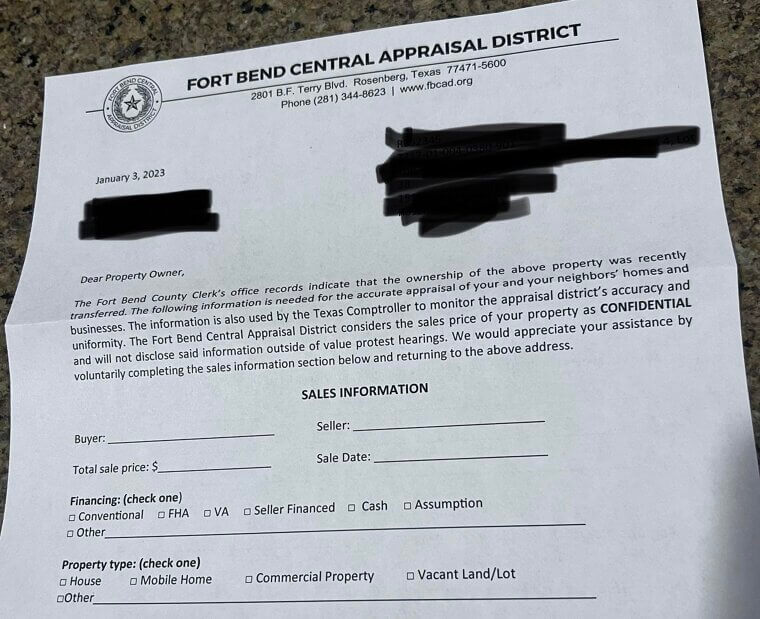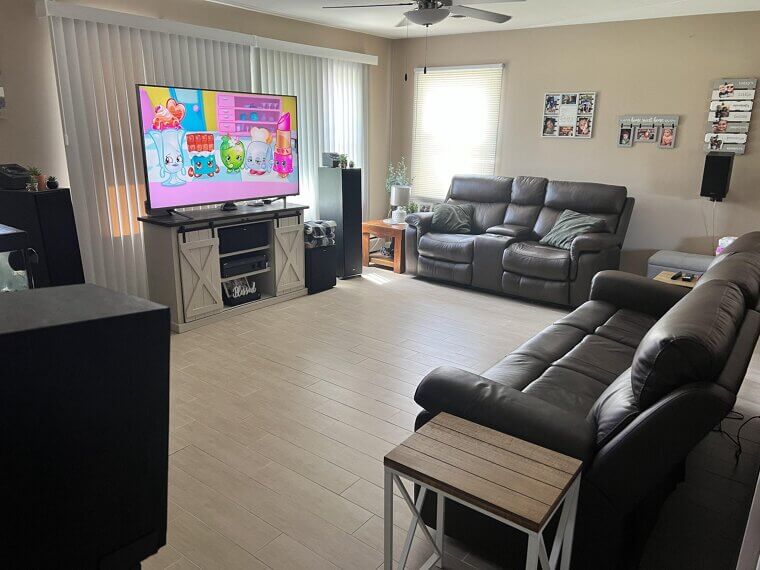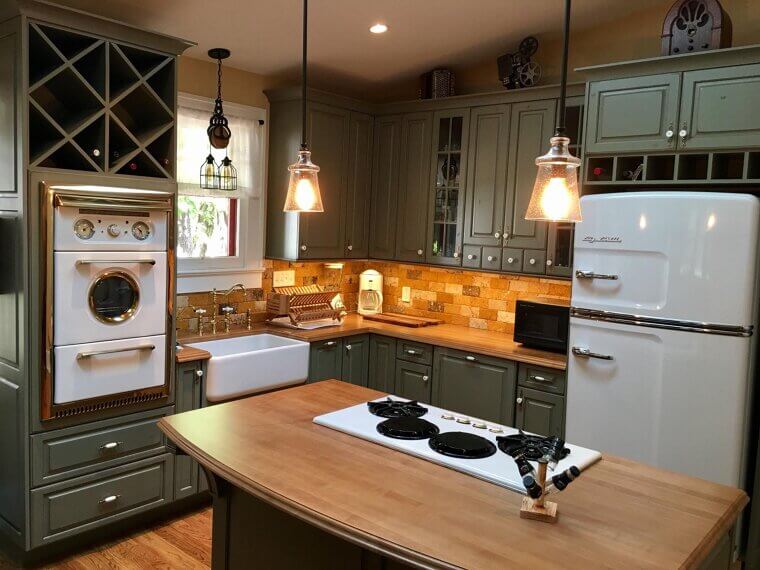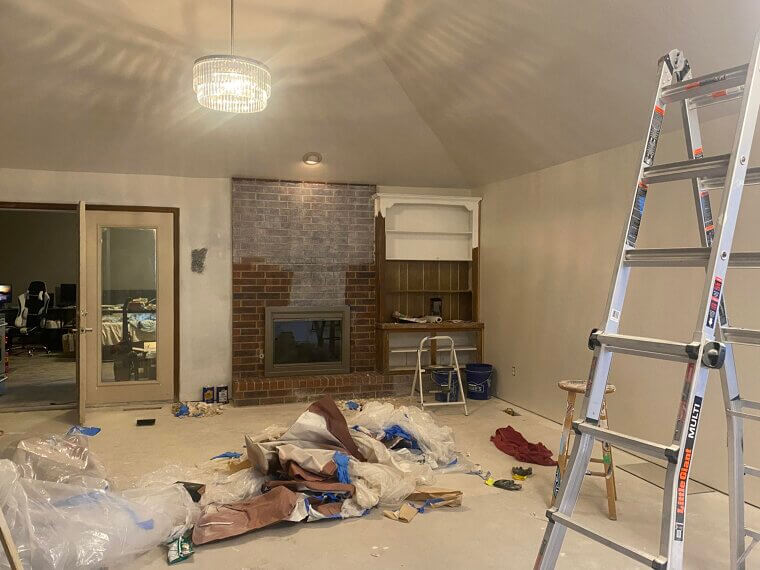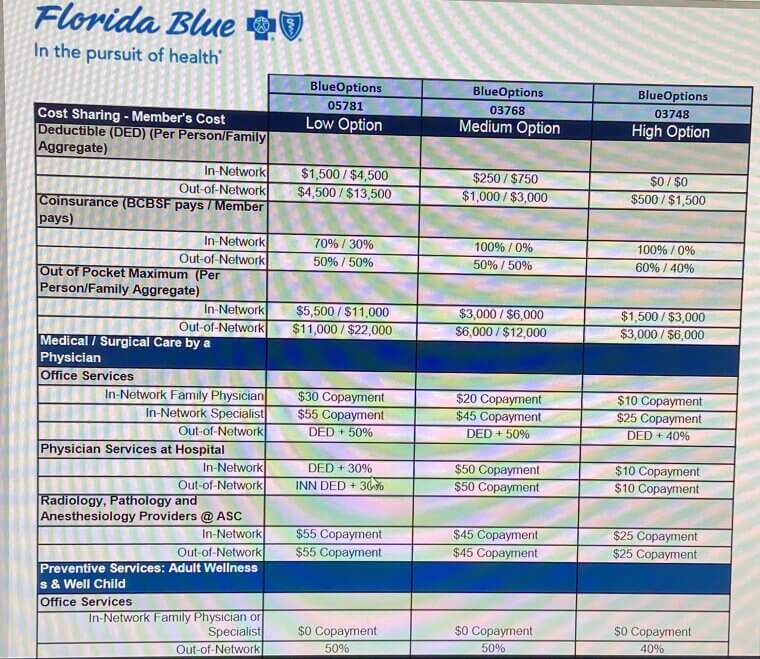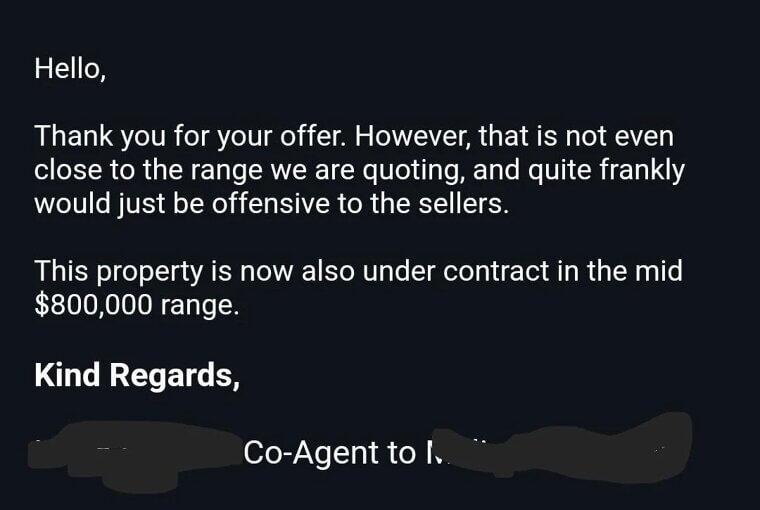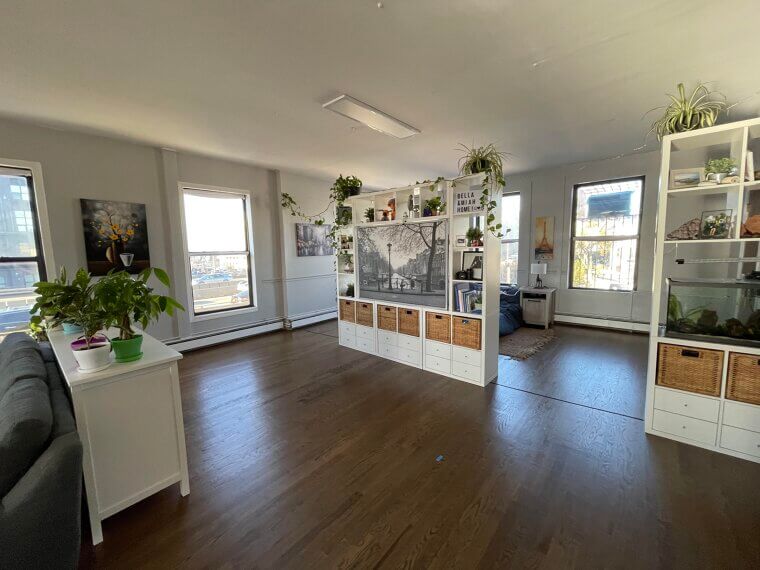If You're Looking to Sell Your Home, Make Sure You Don't Do These Things
Unless you’ve already found your forever home, chances are you’ll want to sell your property at some point, and in order to get the best price for your home, there are a few key things you’ll want to avoid.
Spending Too Much on Cosmetic Improvements
Home ownership is a costly endeavor in and of itself, but you hope to one day see a return on your investment if you ever plan on reselling. The potential gains can be severely diminished by expensive cosmetic improvements - a good rule of thumb is that if your bathroom costs $2,500 to improve, it should net you at least $10,000 market gain. Otherwise, you’re better off spending that money elsewhere.
Disregarding Curb Appeal
“Curb appeal” is one of those nebulous house market terms that can sometimes be difficult to pin down, but it really just refers to how nice your house looks from the street. Don’t neglect your front lawn - even a little bit of landscaping can go a long way.
Overpricing Your Property
Selling a house involves a number of complex moving parts that go right over some homeowners’ heads. You’ll want to keep the asking price for your property well within a reasonable range - overpricing not only deters willing buyers, but could also lead to your property garnering a reputation for being overpriced.
Cluttering Your Space
Prospective buyers will look at more than just your house’s facade and main facilities - they’re prone to inspecting fridges and closets, too. You’ll want to ensure that these spaces are kept well-organized, and that any excess clutter is removed (and preferably stored off-site for the time being).
Neglecting Lingering Odors
If you’re a smoker or have one or two pets, you may be used to the smell of cigarettes and dog breath, but these odors can quickly turn off prospective buyers. A local restoration company can help you restore some semblance of freshness to the atmosphere of your house, but you may need to go even further by replacing refrigerators, rugs, and carpets, too.
Overlooking “Minor” Imperfections
Maybe you’re used to that one light not working the way it should, but that doesn’t mean a prospective buyer is going to overlook it. When it comes to selling a house, you need to sweat the small stuff for once, showing that your property has been properly loved and cared for.
Displaying Personal Effects
Whether it’s a quirky animal rug or a full-sized political banner draped across your living room wall, you’ll want to minimize your personal effects as much as possible. While these may add a lot of personal charm to your space, there’s no guarantee that a potential buyer is going to share your tastes and beliefs.
Adding Urinals
Urinals may seem like a convenient addition to your bathroom, but it’s best to leave these for mall restrooms and the like. There’s no deep reasoning for this - urinals simply decrease home value with their presence.
Adding Sunrooms
Sunrooms can make for a lovely addition to your house, but only if you plan on staying there for the long run. They detract from home value due to potential maintenance issues that buyers may not want to deal with. A deck or patio makes for a much easier alternative.
Keeping With The Trends
Selling a property has as much to do with what’s hot at the moment as the property itself, but while keeping an eye on trends is important, you shouldn’t let them dictate your decor. Traditional paint colors, for example, will always be more effective than whatever is popular for the season.
Sticking To The “99” Strategy
If you’ve never heard of the “99” strategy before, you’ve probably at least seen it in action - sellers will list their house at $499,000 instead of $500,000 to make buyers think they’re getting a bargain. But let’s be honest here: does a $1,000 reduction in price really make that much of a difference? No.
Ignoring The Herd
You may want to market your house exclusively to the highest bidders, but rather than chasing the wealthy few, it’s much better to cater to a larger crowd. Listing your house at a slightly lower value can generate much more interest and create a herd mentality.
Pricing Outside The Bracket
You don’t want to chase trends when selling your house, but you do want to be able to market it effectively. That means ensuring that its asking price is kept firmly within a certain range - if a buyer is looking for a property under $500,000 but yours is listed at $510,000, it may not appear in their agent’s search results.
Getting “Creative” With Price
Some sellers think getting quirky with their asking price is the path to success - it’s not. If your home is valued between $850,000 and $900,000, and you list it for $877,550, you’re drawing attention to the price for absolutely no reason, stirring the wrong kind of curiosity in potential buyers.
Neglecting Contingency Plans
There’s no real harm in shooting for the stars in your asking price - provided, of course, that you’re willing to be flexible with your price. If your property listed at $850,000 still hasn’t generated enough interest within an acceptable timeframe, don’t hesitate to drop the price.
Ignoring Comparables
In general, you’ll want to ensure that your property’s asking price is within 10% of the average asking price for other properties in the area. You may have to do a little research to determine this, but you’ll only need to look at sales made within the past three months.
Disregarding Square Footage
The value of your home is directly tied to the square footage of your property. Be sure to check other listings in your area within the past three months to compare their square footage with yours - and be willing to adjust the price accordingly.
Forgetting Closing Costs
Buyers will often use closing costs as a bargaining chip, and while you may not want to play into their hands too much, you’ll need to be willing to front some of these, especially if you’re trying to sell quickly.
Not Getting Second Opinions
Appraisers unfamiliar with your neighborhood may value your property incorrectly, which could cause banks to not fund your mortgage. Be prepared to get a second opinion if necessary.
Ignoring Inspection Reports
A single inspection of your home can greatly affect its value, depending on the extent of any issues that are discovered, of course. You’ll want to heed the details of the report carefully, lest you find yourself back at the negotiating table if too many costly issues turn up.
Forgetting Safety Equipment
Burglar alarms, smoke detectors, and carbon monoxide sensors are all crucial safety features of the modern home, and you’ll want to ensure that yours are working properly before you list your house for sale.
Neglecting Improvements
Appraisers can generally give you a good idea of your property’s value, but even they can get things wrong, especially if they’re unaware of any improvements you’ve made. Be sure to have proof in the form of documentation at the ready.
Hovering Over Appraisers
Appraisers make a living off of coming into eager home sellers’ houses all the time - they know what they’re doing, and they need space to do it. Make their experience pleasant, by all means, but don’t hover over them all the time.
Taking Appraisals At Face Value
As mentioned, though appraisers will generally never be too far off your property’s actual value, they’re only human and can get things wrong. Be sure to review their work and speak up if you believe they may have missed or failed to consider something.
Taking Your Own Photos
You may fancy yourself to be quite the amateur photographer, and your Instagram followers may even agree, but when it comes to selling your home, you’ll want to leave it to the professionals.
Indulging Negativity
There’s no way around it: selling a home can be an extremely stressful, difficult task, and you may start to feel it the longer the process goes on. But don’t give in to the negativity - put on your best smile at all times and hone your salesmanship skills.
Touting Brands
You may truly be in possession of the finest home appliances known to man, courtesy of High-End Brand No. 1, but don’t get hung up on brand loyalty. Remember that, as with personal effects, there’s a good chance an interested buyer’s tastes will be divergent to yours.
Getting Offended At Low-Balling
Remember that selling a home is a business transaction at the end of the day - everybody wants to get the better end of the stick. If someone makes a low offer for your property, don’t just walk away from the table - negotiate and learn the art of the deal.
Refusing Repairs
Refusing to make certain repairs can quickly turn away an interested buyer. Of course, that doesn’t mean you should give in to every request they make - it’s a negotiation, remember? Still, there are a few repairs you can perform yourself at minimal cost.
Forgetting Insurance
As the saying goes, you hope to never need it, but you’ll be glad to have it (or something to that effect). Before you welcome strangers into your house, make sure that your insurance coverage is up to date in the event of any unfortunate accidents.
Signing With Unqualified Buyers
As eager as you are to sell, others are just as eager to buy. That sometimes causes certain buyers to forgo pre-approval before they go house-hunting. Always ensure that whoever you’re selling to has been pre-approved to buy.
Forgoing Pre-Appraisal
Appraisal is a crucial step in the selling process - but it’s by no means exclusive. Getting your property appraised before you list it for sale can help you recognize any low appraisal you may receive during the process itself.
Forgetting The Light
Think of house showings as walkable photo sets - they should be well-lit at all times for viewers to truly appreciate every detail. That means opening up the curtains, trimming any overgrown bushes, and lifting the blinds to allow for some warm, natural light to flood in.
Not Researching Brokers
Brokers make for important partners in the process of selling your property, but you don’t want to recruit just anybody. Do a little research and get feedback from others who may have recently sold in your area.
Assuming Springtime Is Best
While Spring is typically the “best” time to sell a property, it may be worth it to hold off until later on in the year, when inventory is low and buyers start to crave some fresh listings.

